How a team of Greeks is saving the world from broken links
...plus, introducing "Modern Greek Epics"
Welcome to the 71 awesome new readers who joined us in the past 4 days!
If you haven’t subscribed, join 4,164 smart, curious people interested in Changing Greece.
Introducing:
Every era has its heroes. Today’s Greek trailblazers are writing their own epics. In science labs or art studios, startup basements or Fortune 500 skyscrapers, Greeks all around the world are redefining what it means to excel, imagine and lead. Modern Greek Epics is a new series that will shine a light on Greek innovators solving large problems, visionaries shaping our collective future, and any awesome Greeks that have yet to receive the attention they deserve.
🔗 How a team of Greeks is saving the world from broken links
If you are reading this article, I’m 100% sure you got here by clicking on a link. Maybe it was to subscribe to my newsletter. Or after someone shared this article with you. Perhaps it was a link on your social media feed. It’s 2025, so it’s entirely possible you even found this link from your favorite AI chatbot.
Regardless of where you found it, it was a link that brought you here.
Why talk about links, and what does that have to do with Greece? Read until the end to find out.
In the beginning, there were links
Web links are not a new idea.
In fact, links are as old as the web itself. In the late 1980s, Tim Berners-Lee (“the father of the web”) was working at CERN and had a problem to solve. He needed to manage different documents across different formats located across different computer networks.
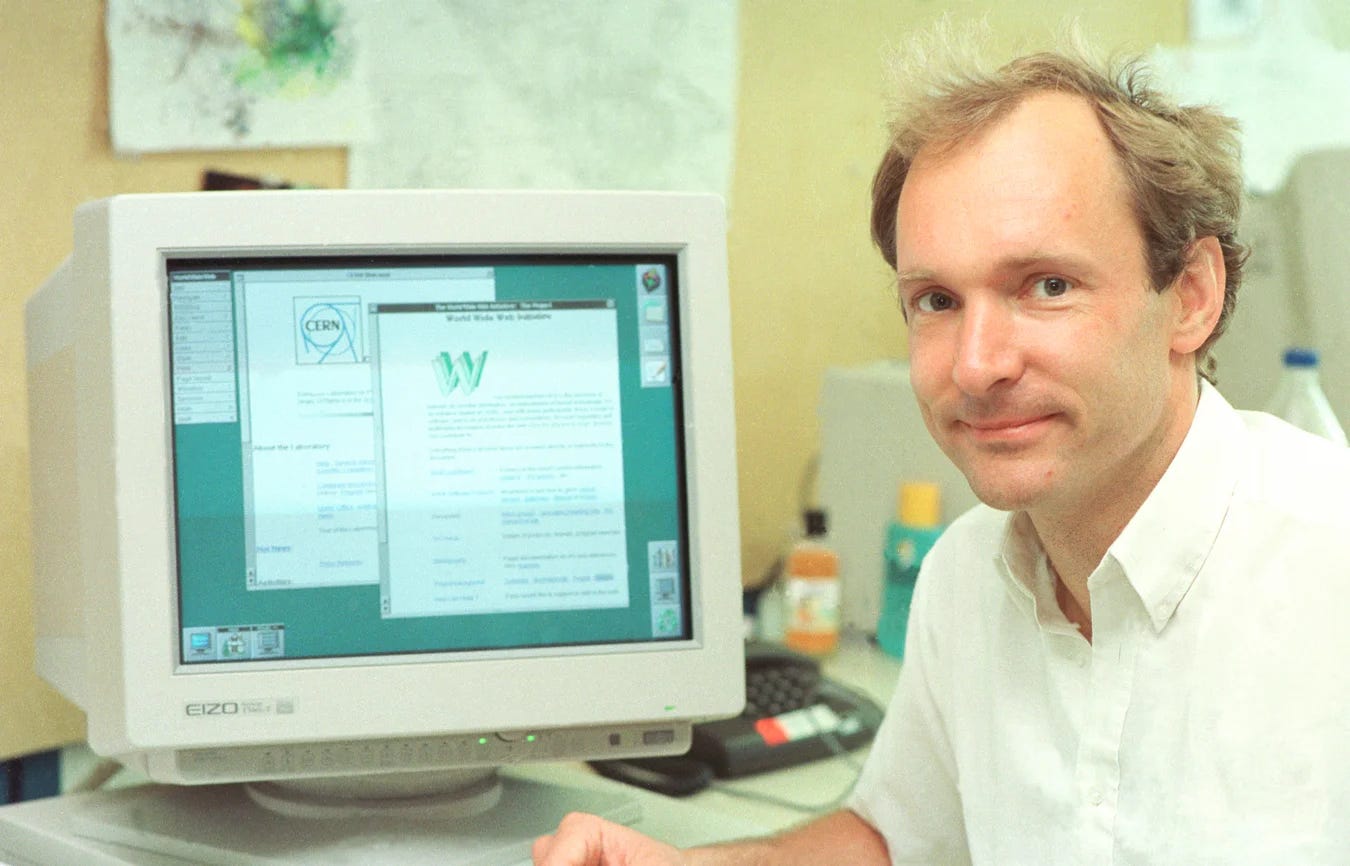
Berners-Lee’s idea was to create a system to link information together.
His concept was titled “Information Management: A Proposal” and he spent a couple of years not just designing the first specifications of what we today call “the web” but also implementing the first web browser, the first web server, the first HTTP specification (how web browsers communicate with web servers), and the first HTML specification (how web browsers know what to “draw” where).
The rest, as we say, is history.
Links and Domain names
While the first web browser came to the scene in the early 1990s, domain names (like substack.com or gov.gr) actually predated the web as a technology.
In the 1980s, we already had networks of computers which needed to communicate with one another. While these computers were perfectly happy addressing one another using numeric addresses known as Internet Protocol (IP) addresses, we humans were not so good with them.
It’s very easy for us to remember google.com yet much harder to remember 142.251.40.110 which is one of the numeric IP addresses that will connect your computer to one of Google’s. Domain names were invented to abstract away these numbers and allow us to use more memorable names.
Generic top level domains (like .com and .org) were the first ones available to commercial users. Country code domains (like .gr) were introduced a few years later, allowing countries sovereign control over their domain names.
In Greece, domains ending in .gr are administered by the Foundation of Research and Technology Hellas (FORTH). According to public statistics, the Greek domain registry currently holds more than 500,000 .gr domain names.
Diamonds vs. Domain names
Unlike diamonds, domain names are not forever. When purchasing a domain name, you don’t purchase it for life.
You buy domains for fixed periods of time: a year or multiple years, if you are willing to pay an extra cost. After this period passes, you have to renew your domain name registration and pay the registrar the appropriate annual fee. As long as you keep doing that, the domain name cannot be taken away from you.
If a domain is not renewed, it eventually returns back to the pool of available domain names. Once that happens, whoever pays that domain’s registration fee becomes the new owner of that domain name.
Entire industries have spawned around domain names. So-called drop-catchers are specialized companies that analyze 100,000s of domain names that expire every single day, searching for the most valuable ones in order to re-register them. These domain names may be valuable because they are short and memorable, have been around for a while, or have many backlinks (i.e. many sites that are linking back to their domain name).
Expired domain names and cybersecurity
At this point, you may have started putting two and two together.
If we had 100 sites linking to a domain name that expired and someone else re-registered it, they now get to keep these 100 established links. The linking sites are completely unaware that this change-of-hands happened.
Unfortunately, many of the entities re-registering these expired domains are malicious. They take advantage of the existing backlinks and expose users to all sorts of unwanted and malicious content, from affiliate abuse and low-quality ads, to a wider range of scams and phishing sites.
Greek users and Greek institutions are unfortunately not exempt from the rise in cybercrime. In 2024, the cost of cybercrime rose to more than 16 billion dollars, with the Greek Cyber Crime Unit receiving almost 90,000 calls from affected citizens in that same year. Expired domain names and bad links on websites are a prime way to expose citizens to malicious content.
Greeks stepping up
A team of three Greeks saw this global problem of bad links and decided to do something about it.
Nick Nikiforakis, Michalis Loukeris, and Spyros Ligouras launched LinkSentry, an auditing platform that continuously monitors websites to find bad links before they affect users.
The three of them reached out to me earlier this summer, right after they had launched their tool. They had analyzed my substack and showed me all the links that were once perfectly good, yet now were totally broken, expired, and in some cases, even outright malicious. I was shocked!
I got to experience first-hand the effects of link hijacking. I pride myself in providing a safe and high-quality experience to my readers, so this felt like a strong punch in the stomach.
No matter how many times one inspects the external links on a website, they can still turn malicious the next day or the next month. Continuous monitoring and automation are key, in a world where domains expire daily and remote sites get compromised every second.
Now, you might be thinking: “Okay, broken links are annoying, but are they really that big of a deal?” The answer is a resounding yes.
We live at time when the web is changing faster than ever: AI systems are producing mass new content, algorithms are choosing what we see, and bad actors are finding new and more sophisticated ways to trick us online. Every broken or expired link is not just a dead end anymore; it’s an open door for misinformation, scams, and even large-scale digital (and social) manipulation.
As artificial intelligence becomes the world’s biggest online reader (and writer), the web it learns from (and at the same time produces) becomes increasingly less trustworthy. When legitimate sources vanish or their domains fall into the wrong hands, AI tools (and the people behind them) can unknowingly spread false and even malicious information. A link that once led to a credible news report could, overnight, lead to a phishing site or an AI-generated deep-fake. In some cases, it could even re-write the past.
That’s not just inconvenient; it’s outright dangerous.
Beyond the security risks, there’s something more subtle happening: the slow erasure of our digital history. The internet was once imagined as a kind of living library. Today, old servers with critical information are shutting down, archives are disappearing and the early web is fading away link by link. When those connections break, we lose more than information. We lose context, memory, and trust.
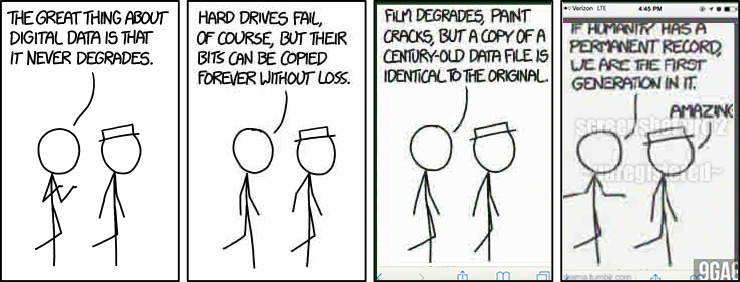
This is why what this small team of Greeks is doing matters so much. They’re not just fixing broken links; they are quietly protecting the continuity of the web itself. In an era where so much online content is artificial or fleeting, their mission is refreshingly human: keep the record straight, preserve what’s real and make sure that when you click a link, you can still trust where it takes you.
Ain’t that the definition of a modern Greek epic?
🏭 Economy & Business
Economic freedom in Greece improves with best score in 4 years
Best 8-months of job creation in modern Greek history
Structural unemployment deep-dive by Alpha Bank
Greek debt ratio to reach pre-crisis levels by end 2025
Work hours by Greeks consistently top across Europe
Greek demographics (sadly) still terrible with no signs of improvement
Real estate is still the key investment market for most Greeks
Hidden costs of passive investing outlined by brilliant Greek quant
My latest article was a suggested reading by the FT
🤖 Tech & Startups
Reflection AI, a Greek founded LLM company in NYC, raised $2 billion
BigPi VC raised a $130M growth equity fund, first in Southeast Europe
Homerun is a new investment firm investing in Greek startups
Spyros Xanthos shares lessons from his entrepreneurial path
Kozani to host the country’s second supercomputer
Tech visa, talent visa & med visa finally being codified into law
Court statistics by procedure and subject available in new app
Athens bus info tracked in real time across ~8500 bus stops
Digital nomads in Greece — a short profile
🙌 Celebrating Greek wins
Christos Kozyrakis has been appointed the next Leonard Bosack & Sandy K. Lerner Professor at Stanford University
Katerina Akassoglou receives the prestigious Zenith Fellows Award to advance Alzheimer’s research
Aimilios Orfanos gets a glowing profile about his pioneering electricity storage work and entrepreneurial path at L’Echo
An Ancient Greek hiking trail gets some praise by the BBC
🔦 Spotlight
Sometimes, I just love going back and listening to the greats. You learn so much by hearing the sharpest minds of our past talk about the future. Michael Dertouzos was one of them. Dertouzos sadly died in 2001. And yet, his forward-looking, future-oriented ideas have stayed with us. It is not a coincidence he was honored with a Doodle by Google a few years ago.
If you enjoyed today’s newsletter, please let me know with a like or reply. And if you *really* liked it, consider sharing with your own friends and network. Thanks!


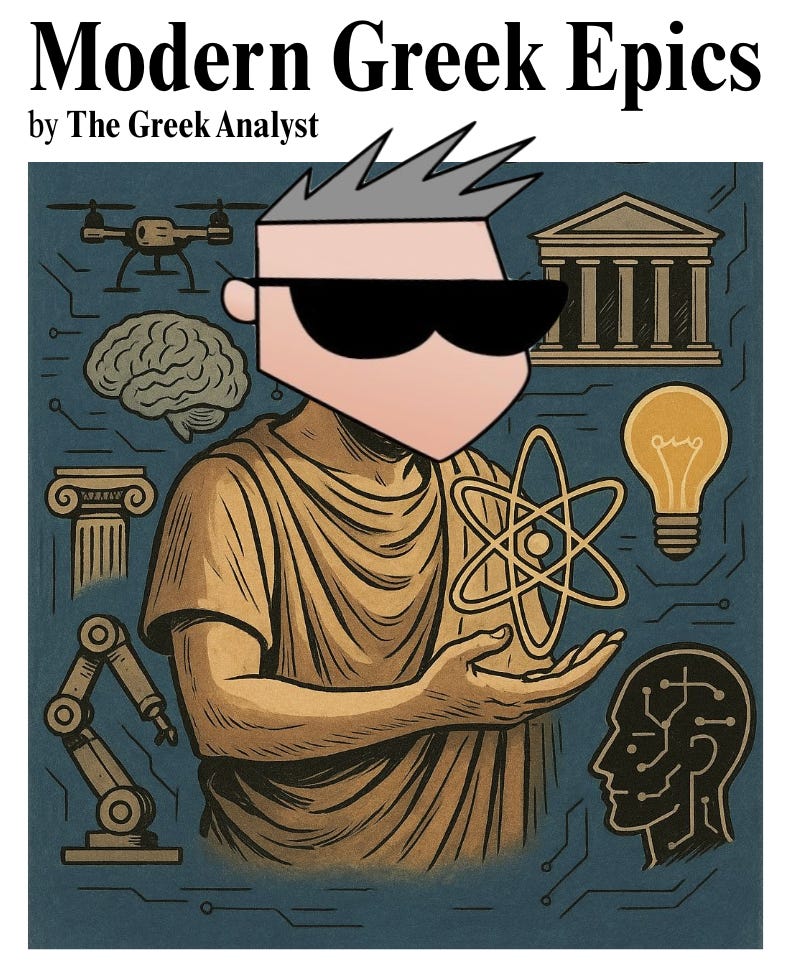
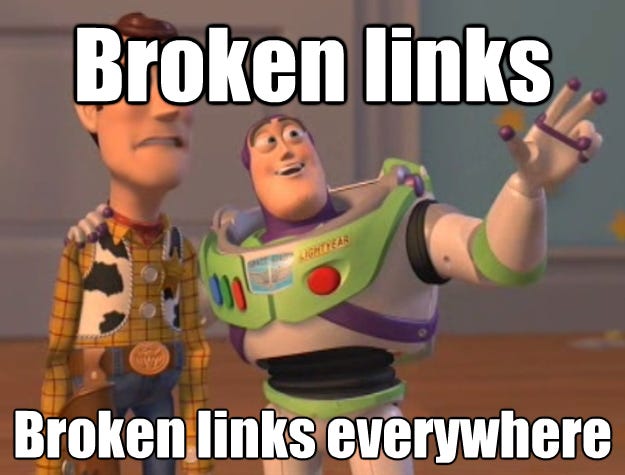
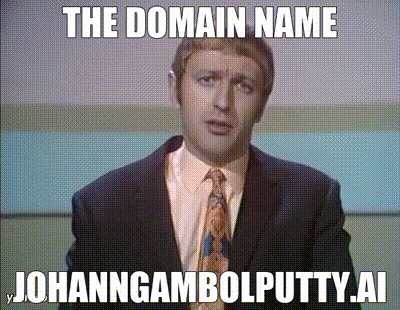
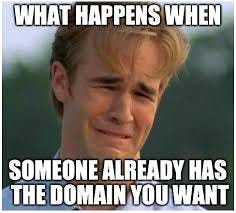
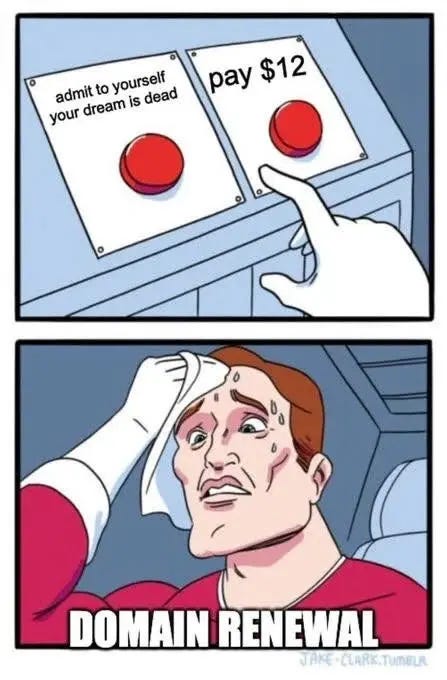
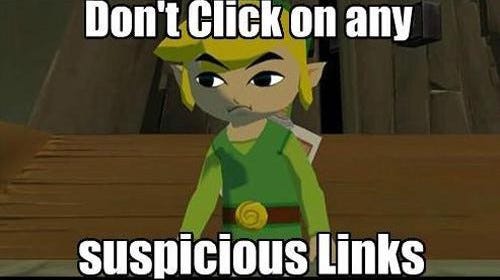
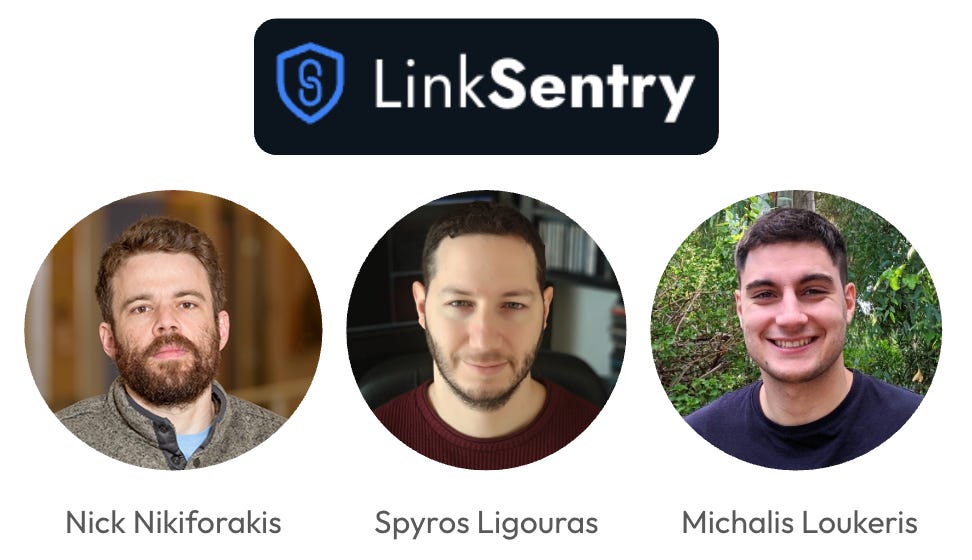
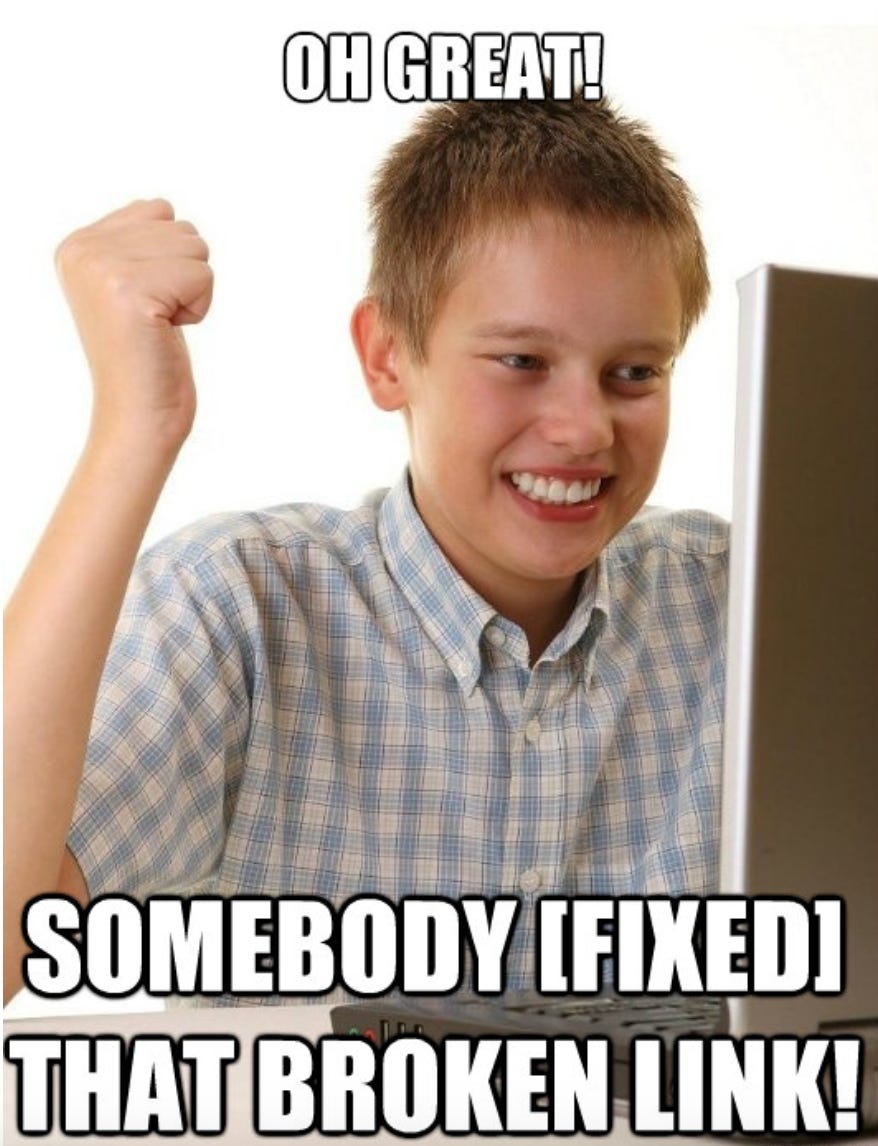

I love your posts